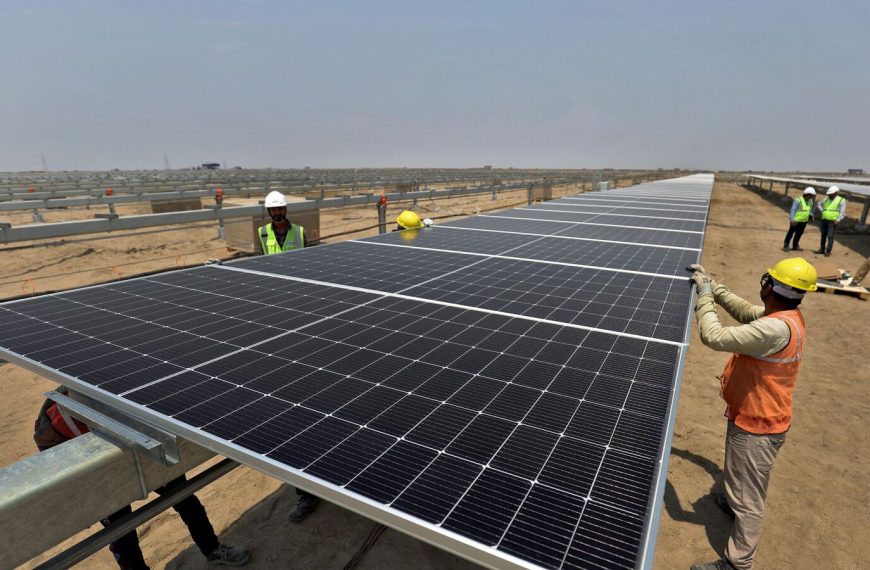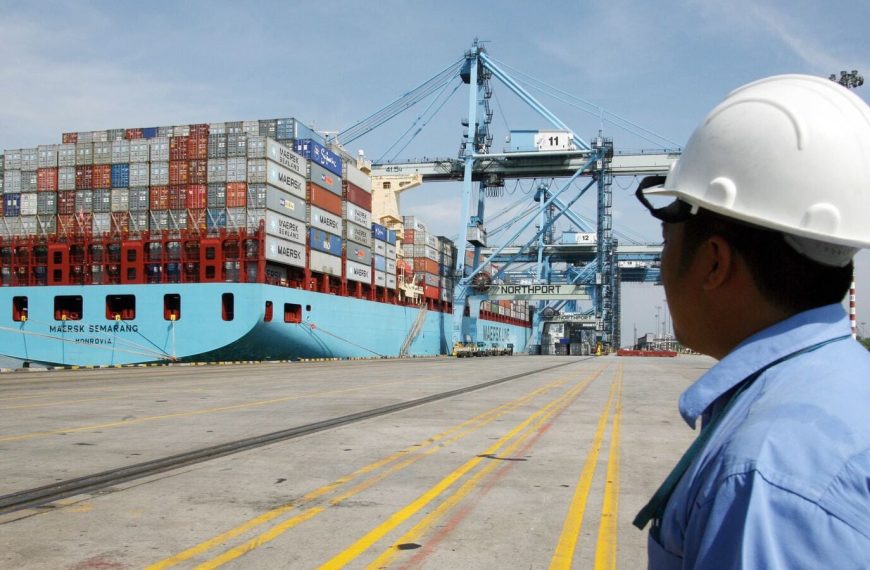The European Union is facing pressure to reconsider its ambitious climate goals, especially in light of US President Donald Trump’s recent announcement of a 25% tariff on auto imports. Steffi Lemke, Germany’s outgoing environment minister, emphasized the importance of maintaining the EU’s environmental commitments, stating that the U.S. tariffs should not influence the region’s climate objectives. She expressed her concerns while attending a recent meeting in Brussels, highlighting the need for a steadfast approach to environmental standards.
Importance of Climate Targets
Lemke firmly stated, “We must not allow the U.S. government’s announcement to jeopardize the agreements we have made within the EU.” The minister from the Green Party warned that a global trend toward lowering environmental regulations would ultimately harm everyone involved. The EU’s current mandate aims for all vehicles sold in its single market to be emissions-free by 2035, a target that is now under scrutiny due to a slowdown in electric vehicle (EV) sales.
Challenges Facing the Auto Industry
As the EU reviews its regulations this year, uncertainty looms over what stance Germany’s new government will adopt. The discussion is intensifying regarding how much the EU should adjust its climate targets for the automotive sector. The conservative party, led by Friedrich Merz, who is expected to become Chancellor, has advocated for modifications that would permit the sale of combustion engine vehicles even after 2035. Notably, the Green Party will not participate in the next governing coalition, which may influence the outcome of these discussions.
- Current EU Targets: Emissions-free cars by 2035
- Industry Lobbying: Calls for more leniency amidst declining EV sales
- Conservative Position: Allow combustion engine sales post-2035
The Need for a Unified European Response
Lemke pointed out that the auto industry has already gained some leniency on interim emissions reduction targets initially set for 2025. This flexibility has been crucial, especially given the challenging economic environment. While she acknowledged the potential need for some adjustments to the targets, she insisted that Trump’s tariffs should not serve as an excuse for diluting the overarching goals.
“A coordinated response from Europe to Trump’s tariff announcement is essential,” Lemke remarked, cautioning against a hasty reaction. Germany is still evaluating the tariffs’ impact on its auto sector, and careful consideration will be vital as the EU formulates its strategy moving forward.
By maintaining a strong stance on climate goals, the EU can demonstrate its commitment to environmental sustainability while navigating the complexities of international trade and industry pressures.











